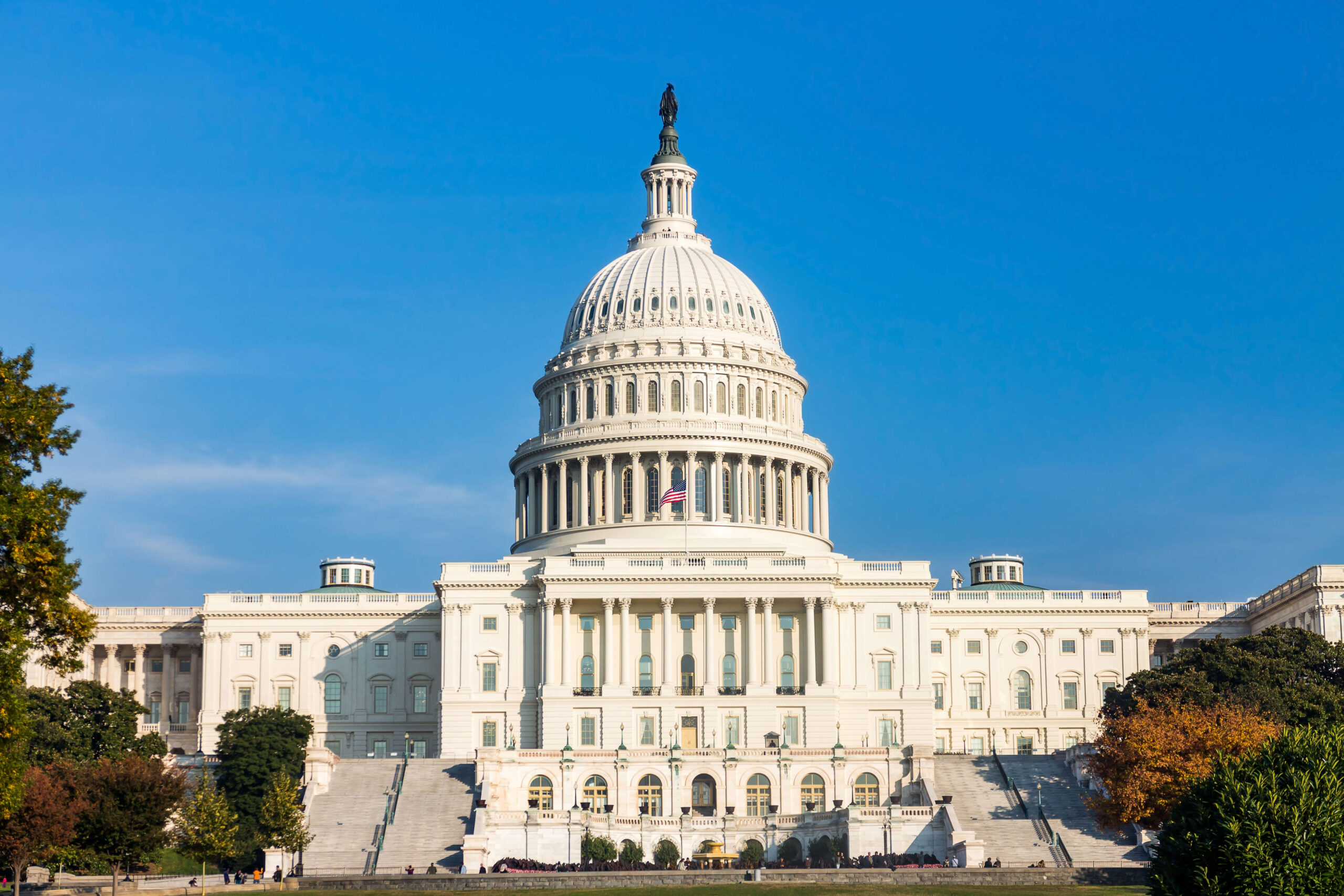Acosta Exits, Scalia Enters. July 19, 2019, was Alexander Acosta’s last day as secretary of labor. Acosta was sworn in on April 28, 2017, and proceeded to lead the U.S. Department of Labor (DOL) for over two years. Acosta’s departure comes at a critical time for the administration, and for the DOL in particular. High-level DOL officials—such as former chief of staff Nicholas Geale and current chief of staff Molly Conway, as well as Wage and Hour Division Deputy Administrator Keith Sonderling—have recently departed or will be departing shortly, so a lot of institutional knowledge will be leaving the Frances Perkins building. Moreover, several major regulatory initiatives are still in the pipeline (e.g., changes to the overtime regulations, changes to the “regular rate” definition for purposes of calculating overtime, changes to the joint-employment regulations, new apprenticeship regulations, etc.) or are the subject of litigation (e.g., association health plans).
In the near term, it will be left to Acting Secretary of Labor Patrick Pizzella to continue to move the regulatory agenda forward. However, additional help may be on the way soon, as President Trump announced that he will nominate private sector attorney and former solicitor of labor, Eugene Scalia to be secretary of labor. Scalia is the son of late Supreme Court Justice Antonin Scalia and is well versed in federal labor policy battles. At this time, there is no timetable for Scalia’s confirmation, but the clock is ticking: as the Buzz has noted, the administration would like to finalize these proposals sooner rather than later, in order to have them in place well ahead of the next election.
EEOC Data Collection Now Open. The Equal Employment Opportunity Commission (EEOC) opened its web-based portal for the collection of employee pay and hours worked data for calendar years 2017 and 2018. Pursuant to a court order, employers have until September 30, 2019, to submit this data. Although the U.S. Department of Justice has filed an appeal in the case, it does not impact these requirements and deadlines. So what should employers do now? Why, tune in to Kiosha A. Dickey and James A. Patton, Jr.’s August 7, 2019, webinar on navigating the EEO-1 pay data requirements, of course!
Workplace Bills Pass House. The U.S. House of Representatives was very busy this week and passed two significant workplace measures:
- The Raise the Wage Act passed the House on July 18, 2019, by a vote of 231–199 (three Republicans voted yes while six Democrats voted no). The bill would gradually increase the federal minimum wage over a six-year period to $15 per hour. The bill also indexes the minimum wage to inflation and would phase out the separate minimum wage for tipped employees. Without some grand bargain, the bill is likely to die in the U.S. Senate, but watch for this issue to be a major political talking point over the next 16 months.
- The Middle Class Health Benefits Tax Repeal Act of 2019 passed the House on July 17, 2019, by an overwhelming vote of 419–6. The bill repeals the Affordable Care Act’s so-called “Cadillac tax” on high-cost employer-sponsored health plans—a provision opposed by both employer groups and labor unions. The tax was to become effective in 2018, but legislators delayed it until 2022. Unlike the minimum wage bill, the Cadillac tax repeal has bipartisan support in the Senate (21 Republicans and 21 Democrats are cosponsors of the companion bill), so this bill could bear watching.
Healthcare Pricing News. On June 24, 2019, President Donald Trump issued an executive order on healthcare price and quality transparency. The order directs federal agencies—including the secretaries of Health and Human Services, the Treasury, and Labor—to adopt rules, issue guidance, and develop reports to increase the transparency of healthcare prices and quality, as well as help consumers make informed decisions about their healthcare. We will be watching closely as those agencies formulate proposed rules, and we anticipate participating in the public comment periods. Stay tuned for future developments, which are sure to impact health plan claims costs (hat tip to Madeline Chimento Rea).
RIP, Justice Stevens. Retired Supreme Court Justice John Paul Stevens died on July 16, 2019. He was 99 years old. Stevens—who served on the Supreme Court of the United States from 1975 to 2010—was the third-longest-serving justice, behind William O. Douglas (1939–1975) (whose Supreme Court seat Stevens filled in 1975) and Stephen Johnson Field (1863–1897). While Justice Stevens authored important opinions on issues such as the death penalty, eminent domain, and judicial deference to agency interpretations, the Buzz will remember Justice Stevens for his opinion in PGA Tour, Inc. v. Martin. In that case, professional golfer Casey Martin, who suffered from a circulatory disorder that caused severe pain is his leg, challenged the PGA’s decision to prohibit his use of a golf cart during tournaments as a violation of the Americans with Disabilities Act of 1990. Justice Stevens wrote:
Under the ADA’s basic requirement that the need of a disabled person be evaluated on an individual basis, we have no doubt that allowing Martin to use a golf cart would not fundamentally alter the nature of petitioner’s tournaments. . . A modification that provides an exception to a peripheral tournament rule without impairing its purpose cannot be said to “fundamentally alter” the tournament. What it can be said to do, on the other hand, is to allow Martin the chance to qualify for and compete in the athletic events petitioner offers to those members of the public who have the skill and desire to enter. That is exactly what the ADA requires. As a result, Martin’s request for a waiver of the walking rule should have been granted.
Justice Stevens, who was a Navy codebreaker during World War II, will be buried in Arlington National Cemetery.





